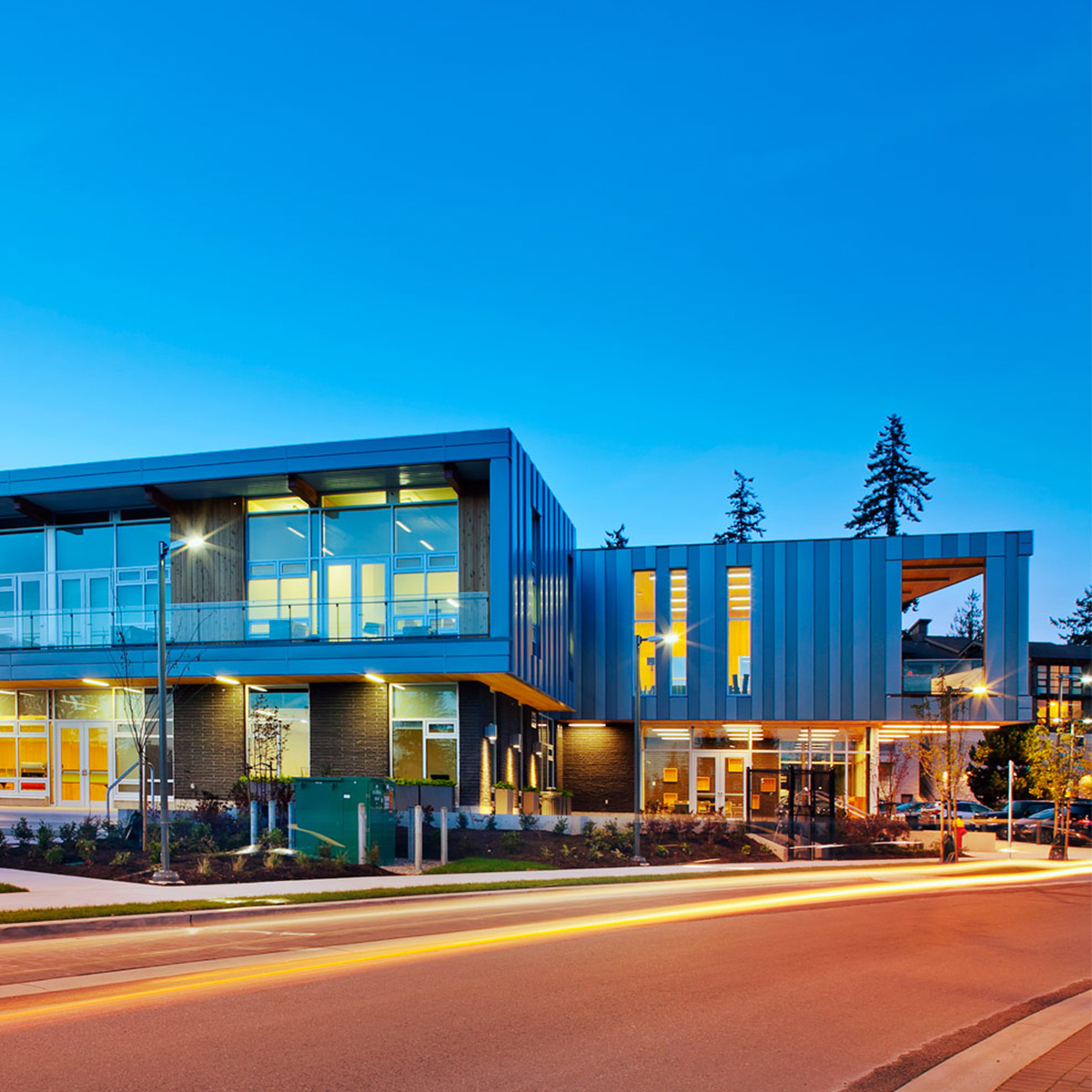Directors of the University Neighbourhoods Association will now be elected using electronic voting.
The decision came at the annual general meeting of the association on Sept. 27 and will apply for the election of directors in the fall of 2024.
“The board is convinced that the controls are quite robust and very secure,” director Eagle Glassheim told the sparsely attended meeting. Glassheim was filling in for Richard Watson, the UNA board chair who was delayed from returning to Vancouver after an out-of-town work commitment.
Directors also hope the new system will increase voter turnout.
Sundance Topham, the association’s chief administrative officer (CAO), said electronic voting is more secure than balloting by mail and has been used by municipalities in Ontario.
The bylaw amendment to implement online voting for directors was approved by a vote of 27 to 6. The amended bylaw states, “Voting in an election is to take place online, using a secure online voting system approved by the board.”
In the leadup to the vote, Glassheim asked if there were any questions from the public after the board made its presentation about the issue. There were none.
“Perhaps this is non-controversial,” Glassheim said.
The board has not yet decided what system will be used.
The UNA website says online voting is common for municipal elections in Ontario and Nova Scotia. In Ontario, more than half of the province’s 417 municipalities used online or phone voting in 2022. Vaughn and Markham, both large communities with populations of about 325,000 on the edges of Metro Toronto, are among the municipalities using online voting.
Electronic voting will replace voting by mail. Under the current system, voting packages with numerous envelopes are sent to all UNA members. The package contains a ballot listing the names of the candidates, a secrecy envelope with no markings, and a certification envelope. The certification envelope is printed with a unique number and space for a voter to print their name and address and attest that they are eligible and can only vote once. Finally, there is a postage-paid return envelope. The marked ballot goes in the secrecy envelope, which goes in the certification envelope, which goes in the return envelope.
Several online voting systems may be considered. These include Simply Voting, Scytl, Intelivote Systems Inc., Voatz, and Neuvote Systems Inc.
In a second vote at the meeting, members approved several minor bylaw changes 29–3. The changes were described in the notice of the annual general meeting.
There were concerns raised during a question–answer session about the university’s controversial land use plan, known as Campus Vision 2050, that proposes to more than double the population of the campus neighbourhoods.
Resident Alex Volkoff said that as UBC moves ahead this fall to secure approval by the UBC Board of Governors, “it’s crunch time” for residents of the university neighbourhoods to make their opposition known.
UNA director Murray McCutcheon said the process to provide feedback to the Board of Governors is “highly constrained.” He noted that the UNA is not allowed to make presentations to the Board of Governors.
Volkoff said the planning process at UBC was flawed. The climate action plan proposed by the university – also known as NCAP – should guide the land use plan in Campus Vision 2050, not the other way round, she said.
In the chair’s report, Glassheim reported that a committee is examining changes to the Neighbour’s Agreement. The goal is to strengthen the role of the UNA in advocating on behalf of residents in the face of the expected population growth proposed in the UBC land use plan. A revised proposal is expected later this year.
The Neighbour’s Agreement was last amended in 2020. It defines the relationship between the UNA and UBC, sets out services that the UNA manages, and identifies the funds that finance those operations.
Sundance Topham to leave UNA at end of October
The Sept. 27 AGM was the final one for Topham, who will be leaving the UNA at the end of October.
Topham joined the UNA as chief administrative officer in June 2020, having previously held the same position for the Village of Cumberland, B.C.
Prior to that, he was also the chief administrative officer for the District of Wells, B.C., and worked as a senior communications advisor for the BC Pension Corporation.
His time as chief administrative officer was marked with leading the UNA during the covid-19 pandemic.
Upon his appointment, the UNA said Topham brought “… a wealth of experience in local government management with demonstrated success in helping organizations, elected officials and communities realize their potential.”
WARREN CARAGATA IS A WESBROOK PLACE RESIDENT AND A MEMBER OF THE CAMPUS RESIDENT NEWSPAPER EDITORIAL COMMITTEE.
(With files from Emmanuel Samoglou)
